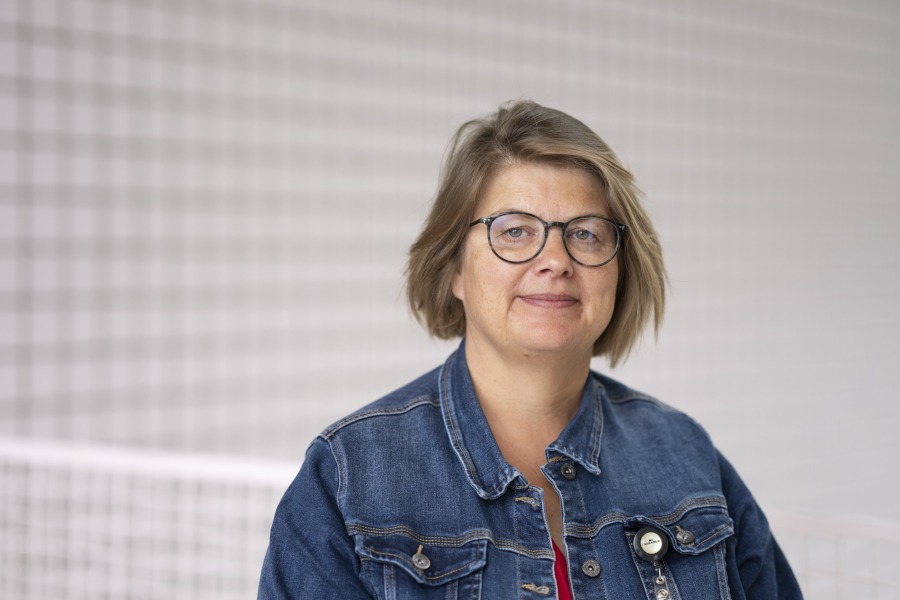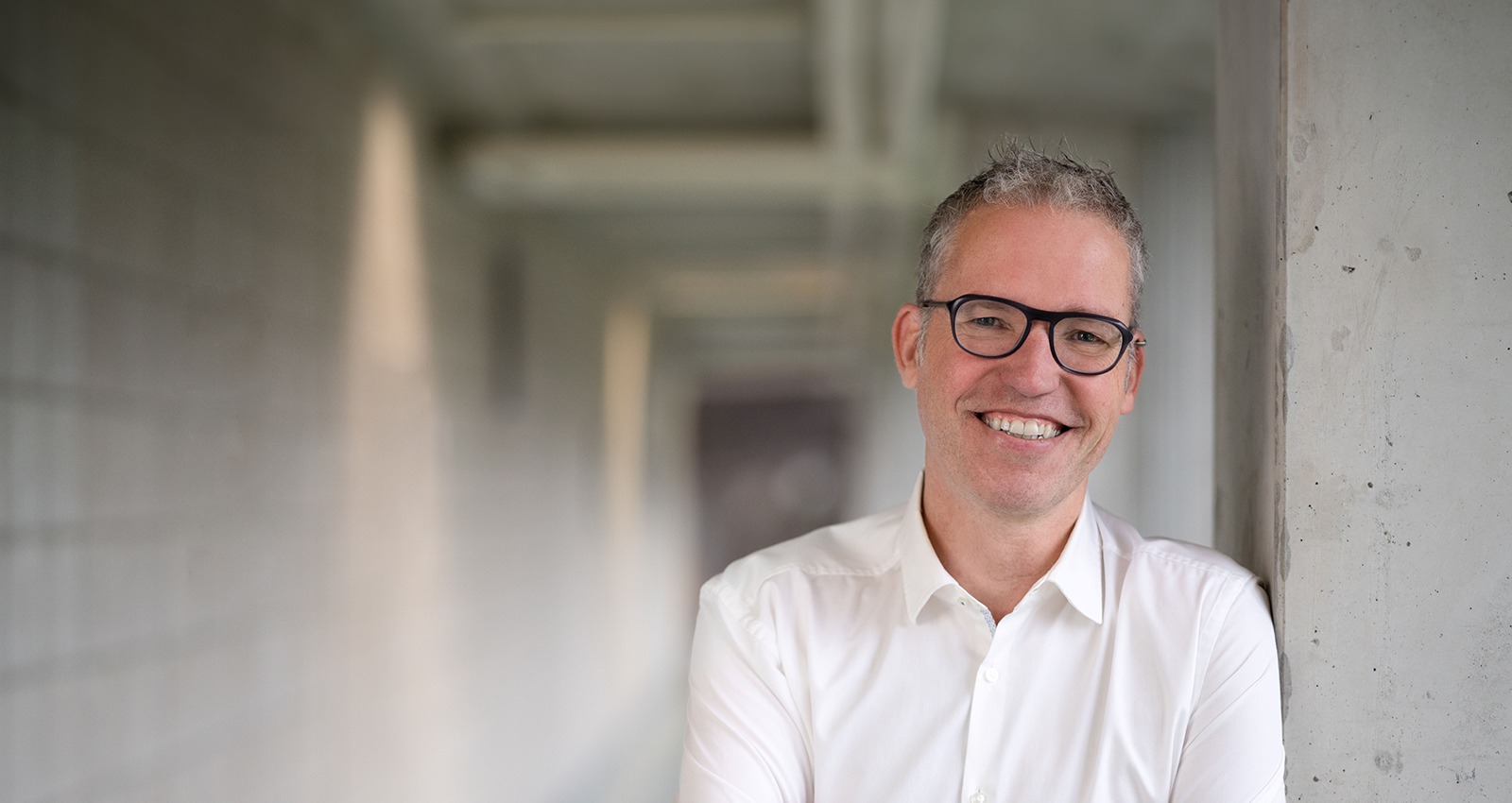UMC Utrecht is a partner in the Dutch Cohorts Consortium (NCC), which has received a grant of over 17 million euros from the Netherlands Organization for Scientific Research (NWO). With this investment, almost all academic medical centers, RIVM, and the UMC Utrecht combine their forces into one national mega cohort: a unique research infrastructure with data from nearly half a million Dutch people.
Under the leadership of Charlotte Onland-Moret, associate professor at UMC Utrecht, and Roel Vermeulen, professor of Environmental Epidemiology and Exposome Analysis at Utrecht University and UMC Utrecht, UMC Utrecht participates with two of the eleven cohorts in the Netherlands.
EPIC-NL is a cohort of over 40,000 men and women from Amsterdam, Doetinchem, Maastricht, and the Utrecht region, aged between 20 and 70 during recruitment in the period 1993-1997. The goal of the study is to evaluate the relationship between nutrition and cancer, biomarkers, and other chronic diseases. Participants completed questionnaires on lifestyle and medical aspects, as well as extensive food frequency questionnaires. Blood samples were collected from all participants. EPIC-NL is a merger of the Prospect-EPIC cohort (coordinated by the Julius Center) and the Morgen-EPIC cohort (coordinated by RIVM, Bilthoven).
The Utrecht Health Project (UHP; in Dutch: Leidsche Rijn Health Project (LRGP)) is an ongoing study on the health of Leidsche Rijn residents. Between 2003 and 2019, all new patients in the five general practices of the Leidsche Rijn Julius Health Centers (LRJG) were asked to participate in this study. The goal of this project is to conduct research into the causes of diseases, prevention, treatment, health strategies, and the impact of innovations in healthcare policy and public health. About 10,000 residents have given permission to participate. An Individual Health Profile (IGP) has been created for each participant, recording various health characteristics and possible determinants of future health or disease. These data form the basis for tracking the health trajectory of the participant. Blood samples were taken from most participants, and sometimes additional tests such as ECG and spirometry were conducted.
The NCC combines the strengths of the eleven largest and most extensive cohorts in the Netherlands. By bringing them together, a cohesive network of research data on health, lifestyle, environment, and aging is created. Thanks to the grant, the consortium can conduct large-scale research on how and why people age healthily and what can be done to prevent diseases. The focus is on multimorbidity (the simultaneous occurrence of multiple chronic conditions) and new health risks, such as emerging infectious diseases.
Charlotte Onland-Moret
Roel Vermeulen
The Dutch Cohorts Consortium is a national collaboration between eleven cohorts in the Netherlands, spread across seven universities and academic medical centers, and RIVM. The participating cohorts are Lifelines, the Rotterdam Study (ERGO), the Maastricht Study, HELIUS, LASA, EPIC-NL, NEO, the Dutch Twin Register, the Leiden Longevity Study, the Utrecht Health Project, and the Doetinchem Cohort Study. The network includes nearly 500,000 participants and more than 50 years of health data.
The grant award and plans for the mega cohort will be explained during the NCC symposium on November 7 2025.


